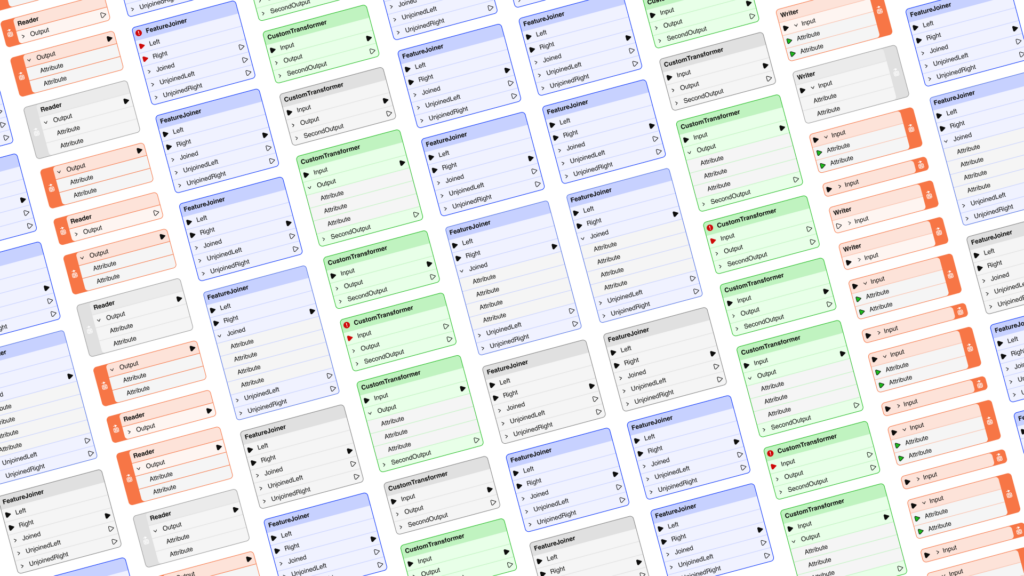FME Server: Powering Faster, More Efficient Data Access


GeoGR Inc., a public-private partnership based in Switzerland’s largest canton Graubünden, recently implemented a new data access and sharing system that uses FME Server as its translation and distribution backbone. Replacing a paper-based process, the new system has dramatically decreased wait times for data users from three days down to just three minutes.
The system was implemented by GeoGR in response to a growing need among data users for a faster way to access all of the region’s spatial data, which is authored and stored by numerous government institutions, as well as private surveying and utilities companies. Prior to the new system’s availability, data users needed to contact the authoring institutions directly and wait for the data to be manually compiled and delivered days later by email or postal mail.
GeoGR commissioned Safe Reseller TYDAC to create their new data access system based on TYDAC’s own Neapoljs Mercato, which uses FME Server for its web-based data translation and distribution capabilities.
Based on these capabilities, FME Server plays two critical roles in the GeoGR system. First, it enables the GeoGR system to maintain an up-to-date central database for users to access without impacting the data authors’ existing infrastructure. Specifically, the GeoGR system schedules FME workspaces to gather the source vector and raster data from the author’s datasets. This automated process routinely updates the central PostGIS database so that users are always accessing the most current data available.
“The biggest fear of data authors in our area was that our new system would force them to change their spatial data storage infrastructures,” says Peter Huser, CEO of GeoGR Inc. “Using FME Server, we were able to centralize our area’s geo-related data and make it accessible to users while allowing our data providers to leave their existing databases intact.”
Secondly, FME Server provides system users with the ability to download the data they need in the format and data model they require. Users simply select the data they wish to purchase using the GeoGR system’s WebGIS viewer, and then select the output format such as ASCII Grid, AutoCAD DXF, GeoTIFF, the Swiss INTERLIS (Tydac) format, Geodatabase, Shape, and others.
Once the request is submitted, FME Server converts the data on the fly and then makes the output dataset available in the web interface for the user to download. Alternatively, users have the option of downloading pre-processed, “off-the-shelf” datasets that the system regularly generates in a variety of formats through FME workspaces.
“During implementation, we were impressed by FME Server’s surprisingly fast performance and how easy it was to use for altering data structures,” Peter explains.
Moving forward, GeoGR will be able to evolve their system to support changing user requirements by creating new workspaces and publishing them to FME Server. Because FME supports a growing list of over 200 formats, they know that they can continue providing users with the data they need, in the format their applications require.
“I’m now confident that we have a system which can mature with our users and our technology. I believe we’ve made a wise investment which will continue to bring us value far into the future.”
Read more about GeoGR’s story in their case study by visiting www.safe.com/geogr.





